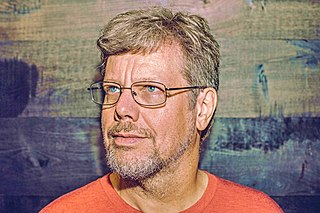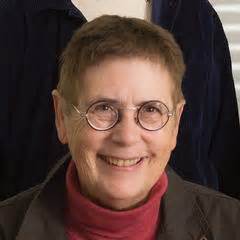A Quote by Yukihiro Matsumoto
From the viewpoint of what you can do, therefore, languages do differ - but the differences are limited. For example, Python and Ruby provide almost the same power to the programmer.
Related Quotes
It is remarkable that men, when they differ in what they think considerable, will be apt to differ in almost everything else; their difference begets contradiction; contradiction begets heat; heat quickly rises into resentment, rage, and ill-will; thus they differ in affections, as they differ in judgment.
Writing in African languages became a topic of discussion in conferences, in schools, in classrooms; the issue is always being raised - so it's no longer "in the closet," as it were. It's part of the discussion going on about the future of African literature. The same questions are there in Native American languages, they're there in native Canadian languages, they're there is some marginalized European languages, like say, Irish. So what I thought was just an African problem or issue is actually a global phenomenon about relationships of power between languages and cultures.
Differences of power are always manifested in asymmetrical access. The President of the United States has access to almost everybody for almost anything he might want of them, and almost nobody has access to him. The super-rich have access to almost everybody; almost nobody has access to them. ... The creation and manipulation of power is constituted of the manipulation and control of access.































